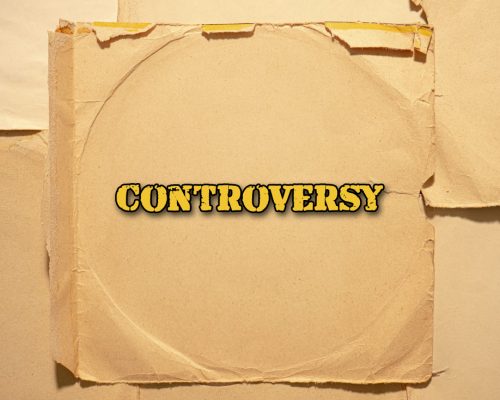Dear PAO,
In 1991, I married my wife in Pampanga. During the celebration of our marriage, my wife was only 17 years old. Pardon my lack of knowledge, but I just recently learned that our laws consider the age of 18 years as the legal age. Therefore, technically speaking, my wife was a minor at the time of our wedding. I was told that our marriage might be void or voidable as a result. In connection with this, may I know two things: First, what is the effect of her minority on the validity of our marriage? And second, what is the difference between a void and voidable marriage?
Alvin
Dear Alvin,
The answers to your queries are found in our laws and pertinent jurisprudence. Succinctly, since you were married in 1991, the applicable law governing the validity of your marriage is Executive Order 209 dated July 6, 1987, otherwise known as the Family Code of the Philippines. Articles 2 and 5 of the law read as follows:
“Art. 2. No marriage shall be valid, unless these essential requisites are present:
“(1) Legal capacity of the contracting parties who must be a male and a female; and
“(2) Consent freely given in the presence of the solemnizing officer.
“Art. 5. Any male or female of the age of eighteen years or upwards not under any of the impediments mentioned in Articles 37 and 38, may contract marriage.” (Emphasis and Underscoring Supplied)
The aforementioned legal provisions dictate that it is essential that the contracting parties in a marriage must be at least 18 years of age. Hence, as provided in the same law — specifically Articles 4 and 35 thereof — a marriage entered into wherein any party is below 18 years of age shall be null and void, viz.:
“Art. 4. The absence of any of the essential or formal requisites shall render the marriage void ab initio, except as stated in Article 35 (2).
“A defect in any of the essential requisites shall not affect the validity of the marriage but the party or parties responsible for the irregularity shall be civilly, criminally and administratively liable.”
“Art. 35. The following marriages shall be void from the beginning:
“(1) Those contracted by any party below eighteen years of age even with the consent of parents or guardians; xxx.” (Emphasis and Underscoring Supplied)
Applying the foregoing to your query, the minority of your spouse, i.e. contracting marriage when she was below 18 years of age, renders your marriage void.
In connection therewith and to answer your second question, the Supreme Court in Pulido v. People (GR 220149, July 27, 2021), penned by Associate Justice Ramon Paul Hernando, reiterates the difference between a void and voidable marriage, thus:
“A void marriage differs from a voidable marriage in the following ways: (1) a void marriage is nonexistent — i.e., there was no marriage from the beginning — while in a voidable, marriage, the marriage is valid until annulled by a competent court; (2) a void marriage cannot be ratified, while a voidable marriage can be ratified by cohabitation; (3) being nonexistent, a void marriage can be collaterally attacked, while a voidable marriage cannot be collaterally attacked; (4) in a void marriage, there is no conjugal partnership and the offspring are natural children by legal fiction, while in voidable marriage there is conjugal partnership and the children conceived before the decree of annulment are considered legitimate; and (5) ‘in a void marriage no judicial decree to establish the invalidity is necessary,’ while in a voidable marriage there must be a judicial decree.” (Emphasis and Underscoring Supplied)
We hope that we were able to answer your queries. Please be reminded that this advice is based solely on the facts you have narrated and our appreciation of the same. Our opinion may vary when other facts are changed or elaborated.
Editor’s note: Dear PAO is a daily column of the Public Attorney’s Office. Questions for Chief Acosta may be sent to dearpao@manilatimes.net


























